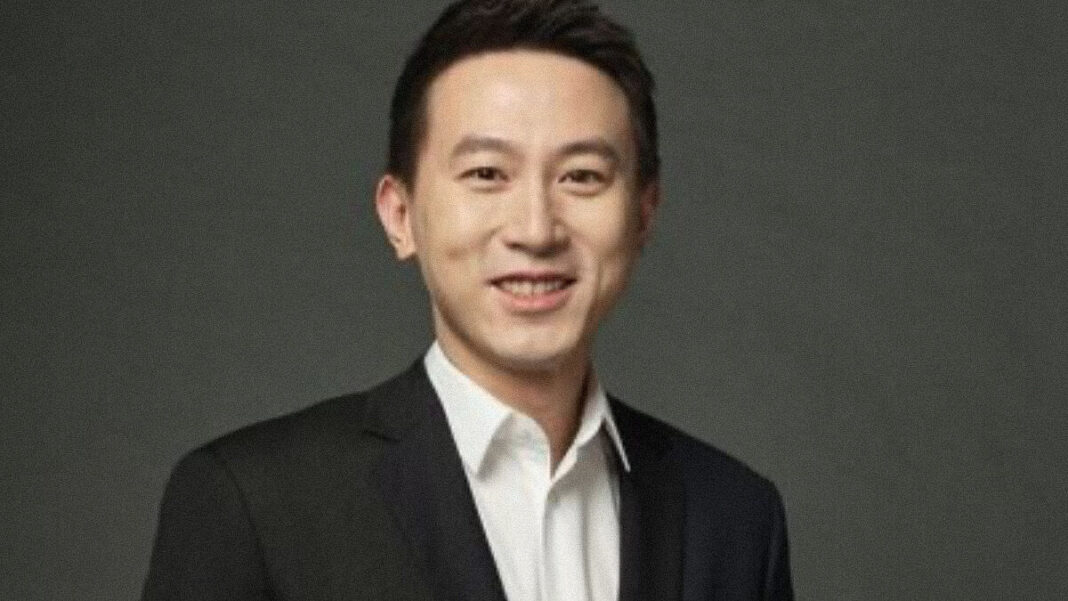UNITED STATES: U.S. legislators on Thursday grilled TikTok’s CEO about alleged Chinese influence on the platform and said that its brief videos are harming children’s mental health, mirroring bipartisan worries about the app’s influence over Americans.
The testimony of CEO Shou Zi Chew before congress did little to allay American concerns about ByteDance, the Chinese company that owns TikTok, and added a fresh impetus to legislators calls to outlaw the platform nationwide.
Chew consistently denied during the five hours of evidence that the app shared data or had any connections to the Chinese Communist Party and asserted that the platform was taking all necessary precautions to secure its 150 million American users.
According to Chew, TikTok has spent more than two years creating “what amounts to a firewall” to shield US user data from unwanted foreign access. “The fact remains that an American company is in charge of and stores American data on American soil under American supervision,” he said.
However, not a single legislator supported TikTok because they deemed Chew’s responses on China evasive and expressed worries over the influence the app holds over American children. Others have charged TikTok with promoting material that promotes sexual exploitation, the sale of illegal drugs, and eating disorders.
Democratic Representative Kathy Castor, at the House of Representatives Energy and Commerce Committee hearing, stated, “TikTok could have been designed to minimize the harm to children, but a decision was made to aggressively addict children in the name of profits.”
In response to numerous pointed queries, Chew stated that the problems were “complex” and not specific to TikTok.
The business says it has invested more than $1.5 billion in data security initiatives under the name “Project Texas,” which has roughly 1,500 full-time employees as of right now and has a contract with Oracle Corp. (ORCL.N) to store TikTok’s American user data.
But critics were not satisfied as the business failed to unveil any fresh efforts to protect privacy. Chew, who started his testimony by referencing his Singaporean heritage, stated, “Under the Chinese government’s direction, We do not promote or censor content.”
He continued, “We will keep (TikTok) free from any manipulation by any government, as our commitment to this committee and all of our users.” He stated that the app strictly filters out any material that could endanger minors.
It is unclear how legislators will proceed after the hearing or how fast they might pass legislation to bolster the Biden administration’s legal authority to outlaw TikTok.
TikTok’s fate
TikTok’s fate has added a new dimension to tensions between Washington and Beijing. Twenty U.S. senators, including 10 Democrats and 10 Republicans, have supported bipartisan legislation allowing President Joe Biden’s administration a path to ban the app.
Last week, TikTok claimed that the Biden administration required its Chinese proprietors to sell their holdings or risk being banned.
When questioned about a possible divestiture, Chew stated the problem was “not about the ownership” and contended that by moving data to its American storage facilities, U.S. concerns could be allayed.
The compelled sale of TikTok, according to China’s ministry of commerce, “would gravely undermine the confidence of investors from all over the globe, including China, to invest in the United States” and China will oppose any sale.
Some legislators cited China’s remarks to refute TikTok’s claim that it is independent of the Chinese government. Representative Neal Dunn questioned Chew during the House hearing on Thursday about whether ByteDance had spied on Americans at Beijing’s behest. Chew responded, “No.”
Republican Dunn then questioned about the U.S. media reports that a China-based team at firm ByteDance intended to use TikTok to track the whereabouts of specific American citizens and repeated his query about whether ByteDance was spying.
“I don’t believe calling it spying is the appropriate term,” Chew said. He went on to say that the reports involved an “internal investigation,” but Dunn interrupted him and called TikTok’s widespread usage “a cancer.”
Tony Cardenas, a Democratic lawmaker, stated that Chew was “a good dancer with words” and blamed him for ducking difficult questions about the proof showing that the app has harmed children’s mental health. Chew said that the business was investing on artificial intelligence and content moderation to restrict such content.
Gus Bilirakis, a representative, played a number of quick TikTok videos for the committee that appeared to glorify suicide and self-harm or outright encourage viewers to take their own lives.
“Your technology is literally leading to death,” said Bilirakis. He added, “We must save our children from big tech companies like yours, which continue to abuse and manipulate them for their own gain.”
Chew said to Bilirakis that TikTok considers suicide and self-harm “very, very seriously.”
China does not have TikTok, but ByteDance does have a Chinese version called Douyin. Nevertheless, the hearing was closely followed throughout the nation, and related news articles received millions of views on the microblogging platform Weibo, where many users voiced support for Shou and condemned U.S. “hostility.”
Also Read: Meta Adds Paid Subscription on Facebook and Instagram Similar to Twitter



